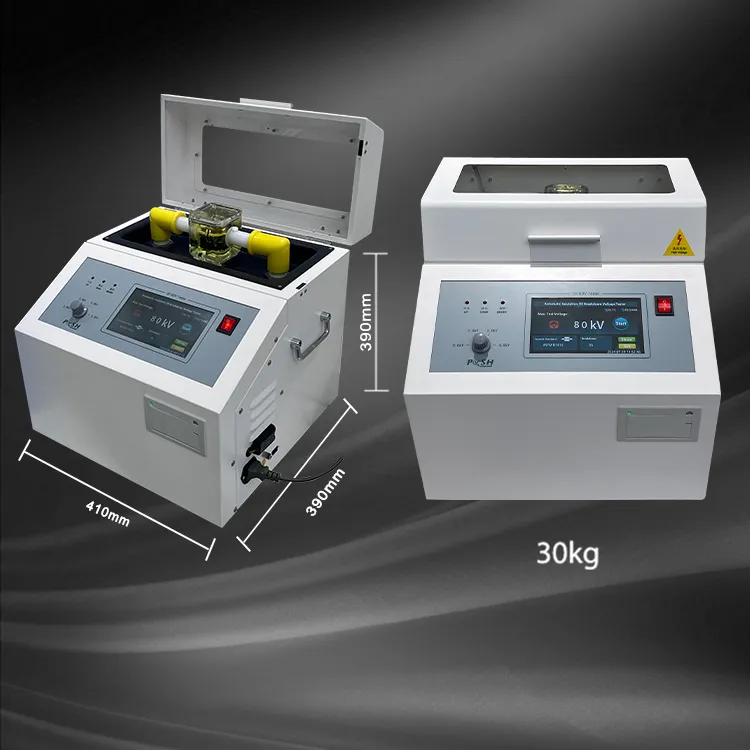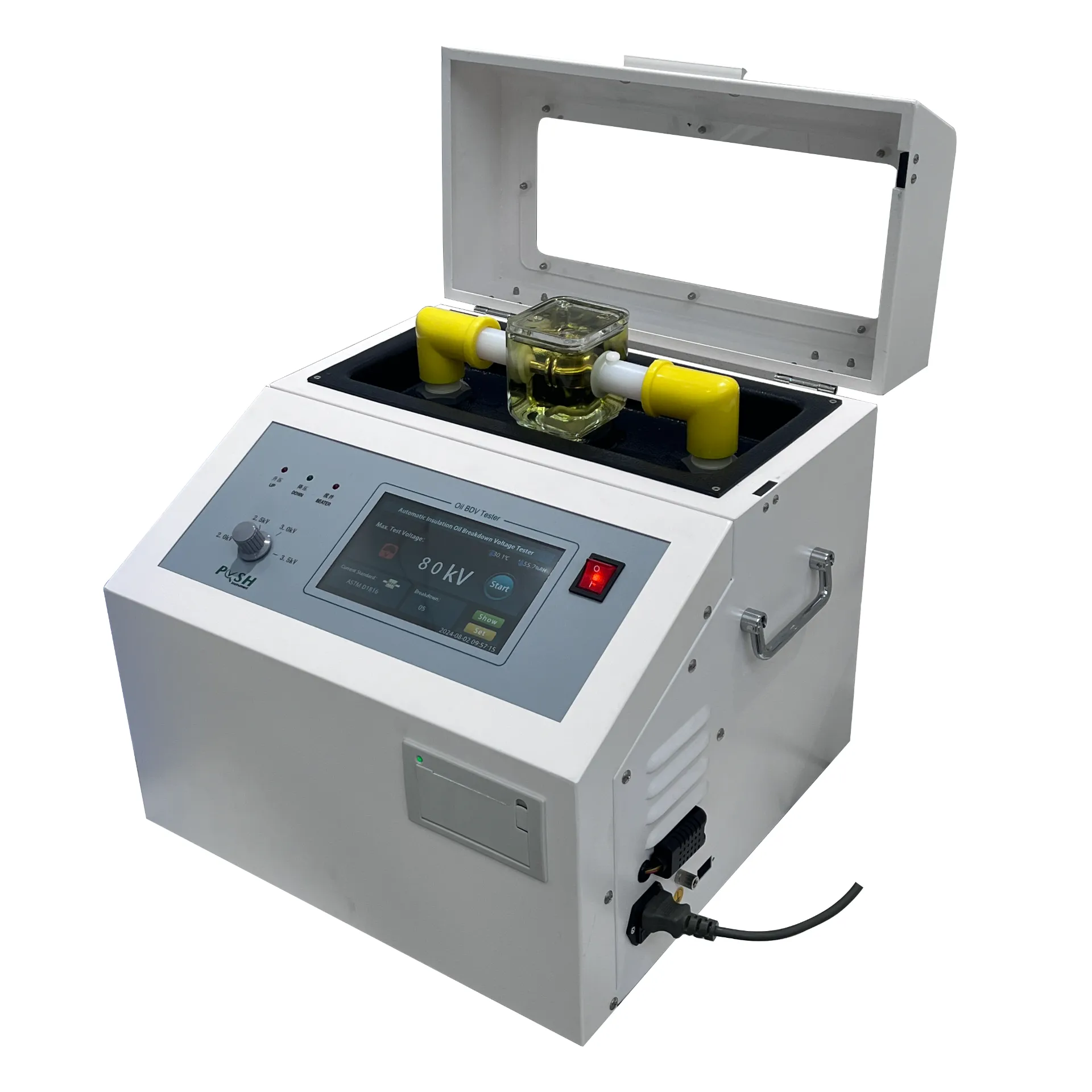TEL:
+86-0312-3189593
 English
English

Telephone:0312-3189593

Email:sales@oil-tester.com

-
 Afrikaans
Afrikaans -
 Albanian
Albanian -
 Amharic
Amharic -
 Arabic
Arabic -
 Armenian
Armenian -
 Azerbaijani
Azerbaijani -
 Basque
Basque -
 Belarusian
Belarusian -
 Bengali
Bengali -
 Bosnian
Bosnian -
 Bulgarian
Bulgarian -
 Catalan
Catalan -
 Cebuano
Cebuano -
 China
China -
 China (Taiwan)
China (Taiwan) -
 Corsican
Corsican -
 Croatian
Croatian -
 Czech
Czech -
 Danish
Danish -
 Dutch
Dutch -
 English
English -
 Esperanto
Esperanto -
 Estonian
Estonian -
 Finnish
Finnish -
 French
French -
 Frisian
Frisian -
 Galician
Galician -
 Georgian
Georgian -
 German
German -
 Greek
Greek -
 Gujarati
Gujarati -
 Haitian Creole
Haitian Creole -
 hausa
hausa -
 hawaiian
hawaiian -
 Hebrew
Hebrew -
 Hindi
Hindi -
 Miao
Miao -
 Hungarian
Hungarian -
 Icelandic
Icelandic -
 igbo
igbo -
 Indonesian
Indonesian -
 irish
irish -
 Italian
Italian -
 Japanese
Japanese -
 Javanese
Javanese -
 Kannada
Kannada -
 kazakh
kazakh -
 Khmer
Khmer -
 Rwandese
Rwandese -
 Korean
Korean -
 Kurdish
Kurdish -
 Kyrgyz
Kyrgyz -
 Lao
Lao -
 Latin
Latin -
 Latvian
Latvian -
 Lithuanian
Lithuanian -
 Luxembourgish
Luxembourgish -
 Macedonian
Macedonian -
 Malgashi
Malgashi -
 Malay
Malay -
 Malayalam
Malayalam -
 Maltese
Maltese -
 Maori
Maori -
 Marathi
Marathi -
 Mongolian
Mongolian -
 Myanmar
Myanmar -
 Nepali
Nepali -
 Norwegian
Norwegian -
 Norwegian
Norwegian -
 Occitan
Occitan -
 Pashto
Pashto -
 Persian
Persian -
 Polish
Polish -
 Portuguese
Portuguese -
 Punjabi
Punjabi -
 Romanian
Romanian -
 Russian
Russian -
 Samoan
Samoan -
 Scottish Gaelic
Scottish Gaelic -
 Serbian
Serbian -
 Sesotho
Sesotho -
 Shona
Shona -
 Sindhi
Sindhi -
 Sinhala
Sinhala -
 Slovak
Slovak -
 Slovenian
Slovenian -
 Somali
Somali -
 Spanish
Spanish -
 Sundanese
Sundanese -
 Swahili
Swahili -
 Swedish
Swedish -
 Tagalog
Tagalog -
 Tajik
Tajik -
 Tamil
Tamil -
 Tatar
Tatar -
 Telugu
Telugu -
 Thai
Thai -
 Turkish
Turkish -
 Turkmen
Turkmen -
 Ukrainian
Ukrainian -
 Urdu
Urdu -
 Uighur
Uighur -
 Uzbek
Uzbek -
 Vietnamese
Vietnamese -
 Welsh
Welsh -
 Bantu
Bantu -
 Yiddish
Yiddish -
 Yoruba
Yoruba -
 Zulu
Zulu
Chw . 11, 2025 18:56
Back to list
ref stability test of transformer
The stability test of transformers is a critical process to ensure the reliability and efficiency of these vital components in electrical systems. As an industry expert, I can attest to the transformative advancements in transformer testing that have greatly improved the dependability of power infrastructures globally. Conducting comprehensive stability tests ensures that transformers can withstand various stress conditions and maintain performance over their service life.
Experience has also displayed that Partial Discharge (PD) tests are essential in the suite of stability tests for transformers. PD testing detects and measures the presence of partial discharges within a transformer, which are often precursors to more significant insulation failures. This test helps in identifying weaknesses within the insulation system that are not visible during routine inspections. Through years of professional practice, leveraging PD analysis as part of a regular maintenance strategy has significantly reduced unexpected downtimes and service interruptions. Furthermore, an authoritative approach to transformer stability testing emphasizes the importance of thermographic scanning. This non-invasive technique utilizes infrared imaging to identify areas of overheating, which can indicate underlying issues such as poor connections or high resistance in the windings. Regular thermographic assessments have proven to be a reliable predictor of potential failures, allowing for corrective actions before issues escalate, thereby reinforcing trust in transformer performance reliability. In conclusion, ensuring the stability of transformers through meticulous testing is not just a best practice but a necessity for robust power system management. With the advancements in testing methodologies such as SCWT, FRA, PD testing, and thermographic scanning, professionals in the field can achieve a comprehensive understanding and control over the operational stability of transformers. By systematically applying these tests, electrical engineers and technicians sustain a high standard of grid reliability and efficiency, reflecting a commitment to excellence and authority in the industry. As transformers are the backbone of modern electrical networks, their stability is non-negotiable, underscoring the critical nature of advanced and authoritative testing regimes carried out by experts in the field.


Experience has also displayed that Partial Discharge (PD) tests are essential in the suite of stability tests for transformers. PD testing detects and measures the presence of partial discharges within a transformer, which are often precursors to more significant insulation failures. This test helps in identifying weaknesses within the insulation system that are not visible during routine inspections. Through years of professional practice, leveraging PD analysis as part of a regular maintenance strategy has significantly reduced unexpected downtimes and service interruptions. Furthermore, an authoritative approach to transformer stability testing emphasizes the importance of thermographic scanning. This non-invasive technique utilizes infrared imaging to identify areas of overheating, which can indicate underlying issues such as poor connections or high resistance in the windings. Regular thermographic assessments have proven to be a reliable predictor of potential failures, allowing for corrective actions before issues escalate, thereby reinforcing trust in transformer performance reliability. In conclusion, ensuring the stability of transformers through meticulous testing is not just a best practice but a necessity for robust power system management. With the advancements in testing methodologies such as SCWT, FRA, PD testing, and thermographic scanning, professionals in the field can achieve a comprehensive understanding and control over the operational stability of transformers. By systematically applying these tests, electrical engineers and technicians sustain a high standard of grid reliability and efficiency, reflecting a commitment to excellence and authority in the industry. As transformers are the backbone of modern electrical networks, their stability is non-negotiable, underscoring the critical nature of advanced and authoritative testing regimes carried out by experts in the field.
Previous:
Latest news
-
Testing Equipment Industry Sees Major Advancements in 2025: Smart & Precision Technologies Lead the WayNewsJun.06,2025
-
Applications of Direct Current Generators in Renewable Energy SystemsNewsJun.05,2025
-
Hipot Tester Calibration and Accuracy GuidelinesNewsJun.05,2025
-
Digital Circuit Breaker Analyzer Features and BenefitsNewsJun.05,2025
-
Benefits of Real-Time Power Quality Monitoring Devices for Industrial EfficiencyNewsJun.05,2025
-
Earth Fault Loop Testing in High-Rise Building Electrical SystemsNewsJun.05,2025



